Navigating the journey to find the ideal assisted living home can be daunting, but with the right approach, you can find a facility that feels just like home for yourself or your loved ones. Our guide delves into the crucial factors to consider in this important decision-making process.
We discuss the significance of evaluating personal care needs, understanding the variety of services available, and assessing the community's atmosphere. We offer tips on evaluating the quality of care, exploring financial options, and visiting potential facilities. This comprehensive guide aims to equip you with the essential knowledge to make an informed choice, ensuring a seamless transition to an environment that provides both comfort and support.
Identifying Personal Care Needs and Preferences
Assessing Daily Living Activities
When considering assisted living, it is vital to assess the daily living activities that an individual requires assistance with. Tasks such as bathing, dressing, eating, and mobility are fundamental aspects of daily life and can heavily influence the level of care needed. Understanding these requirements will help in selecting a facility that can provide the necessary support.
Evaluating Health Care Requirements
It's also important to evaluate any healthcare needs that may require attention. This includes managing chronic conditions, medication administration, and regular health monitoring. Facilities vary in their medical capabilities, so choosing one that aligns with specific healthcare needs is crucial for maintaining overall well-being.
Considering Social and Recreational Preferences
Personal preferences for social and recreational activities play a significant role in overall happiness and quality of life. Identifying what types of activities and social interactions are important can help in finding a community that offers a vibrant and engaging environment.
Emotional and Psychological Support
Finally, emotional and psychological support are key components of personal care. It is essential to consider the mental health services, counseling, and emotional support systems available in a facility. Ensuring these needs are met can greatly affect the adjustment period and long-term satisfaction with an assisted living home.

Evaluating the Range of Services Offered
Medical and Health Services
One of the most crucial aspects to evaluate is the range of medical and health services provided by the assisted living facility. This includes on-site nursing care, medication management, chronic condition monitoring, and access to medical professionals such as doctors and specialists. Ensure that the facility you choose can address existing health conditions and can provide emergency medical care if needed.
Personal Care Assistance
Different facilities offer varying levels of personal care assistance. This can range from help with daily tasks like bathing, dressing, and grooming to more specialized care for individuals with mobility issues or cognitive impairments. It's important to match the services provided with the specific needs of the individual to ensure comprehensive support.
Housekeeping and Maintenance
Quality of life in an assisted living facility is also influenced by the housekeeping and maintenance services offered. Assess the frequency and quality of services such as cleaning, laundry, and general upkeep of living spaces. A well-maintained environment can contribute significantly to comfort and well-being.
Dining and Nutrition
Nutrition is a key factor in maintaining health, especially as one age. Investigate the dining options available, including the variety and quality of meals, dietary accommodations, and the overall dining experience. Facilities that offer nutritious and appetizing meal plans, along with options catering to specific dietary needs, will better support residents' health and satisfaction.
Transportation Services
Access to transportation is essential for maintaining independence and ensuring ease of attending medical appointments, running errands, and participating in social activities. Review the facility's transportation services to determine if they align with your or your loved one's needs.
Social and Recreational Activities
A vibrant social life can enhance the overall experience in an assisted living community. Look into the variety and frequency of social and recreational activities provided. Facilities that offer diverse programs such as fitness classes, cultural events, and hobby groups can help residents stay active, engaged, and socially connected.
Special Care Units
For individuals with specific conditions such as Alzheimer's or other forms of dementia, special care units may offer enhanced support and a higher level of care. These units typically feature tailored programs and staff trained in managing cognitive impairments, providing a safer and more nurturing environment for residents with additional needs.
Assessing the Community Atmosphere and Culture
Choosing the right assisted living facility extends beyond evaluating services and care options; it also involves understanding the community atmosphere and culture. This aspect can significantly impact a resident's contentment and overall quality of life.
Welcoming Environment
The first impression of a facility often sets the tone for what to expect. A welcoming environment characterized by friendly staff, engaging communal spaces, and a warm atmosphere can make the transition smoother. Consider visiting the facility at different times to observe interactions among residents and staff, ensuring that the culture aligns with your expectations for a supportive and homely feel.
Community Engagement
Assess the level of community engagement and camaraderie among residents. A facility that fosters a sense of belonging and encourages social connections can greatly enhance residents' well-being. Look for evidence of organized events, resident councils, and opportunities for regular social interaction, which can nurture a vibrant and inclusive community spirit.
Respect for Individuality
It is important to choose a facility that respects and celebrates individuality. Determine whether the culture promotes diversity and accommodates different lifestyles, religions, and personal preferences. Facilities that honor residents’ unique backgrounds and provide personalized care tend to create a more comfortable and respectful living environment.
Staff-Resident Relationships
The interaction between staff and residents is a key indicator of the community atmosphere. Positive and respectful relationships contribute to a nurturing environment and can significantly influence a resident's happiness. Look for staff who engage with residents in a compassionate, patient, and professional manner, ensuring that their needs are consistently met with dignity and care.
Feedback and Communication
A transparent and open channel of communication between residents, families, and facility management is crucial. Facilities that actively seek feedback and involve residents in decision-making processes demonstrate a commitment to continuously improving the living experience. Inquire about how the facility handles feedback and resolves concerns, and check if there are regular meetings or forums for residents' voices to be heard.
Diversity of Activities
A robust calendar of diverse activities that cater to different interests can indicate a dynamic community culture. Facilities that offer cultural, educational, recreational, and wellness programs provide residents with numerous opportunities to stay engaged, learn new skills, and maintain an active lifestyle. An enriched activity schedule contributes to a vibrant and fulfilling community life.
Evaluating these aspects of the community atmosphere and culture will help ensure that the assisted living facility you choose not only meets physical and medical needs but also provides a nurturing and engaging environment.

Tips for Evaluating the Quality of Care
Understand Caregiver Qualifications
- Verify the credentials and certifications of the caregiving staff.
- Ensure the caregivers receive ongoing training to stay updated on best practices.
Observe Staff-Resident Interactions
- Watch how staff members engage with residents during visits.
- Look for signs of respectful and compassionate care.
Review Care Plans
- Ask about the formulation and regular updates of personalized care plans.
- Ensure care plans are tailored to meet the specific needs of each resident.
Inquire About Medical Services
- Check the availability of on-site medical professionals and access to emergency care.
- Evaluate the facility’s relationships with nearby hospitals and specialists.
Assess Medication Management
- Verify the protocols for administering and managing medications.
- Ensure there are systems in place to prevent medication errors and track compliance.
Evaluate Resident Satisfaction
- Speak with current residents and their families about their experiences.
- Look for testimonials and reviews to gauge overall satisfaction with care.
Monitor Hygiene and Cleanliness
- Check if residents appear well-groomed and their living spaces are clean.
- Observe the protocols in place for infection control and sanitation.
Review Safety Measures
- Ensure the facility has robust safety protocols, including fall prevention plans.
- Check for easy access to emergency call systems in residents' rooms.
Check for Accreditation and Inspections
- Verify if the facility is accredited by relevant health and senior living organizations.
- Ask to review recent inspection reports and any corrective actions taken.
Understand the Complaint Process
- Inquire about the facility’s procedure for handling complaints and grievances.
- Ensure there is an open and transparent mechanism for communicating concerns.
Financial Considerations and Budgeting for Assisted Living
Assessing Costs
Understanding the full cost of assisted living is crucial in making an informed decision. Fees can vary significantly depending on the location, level of care needed, and amenities offered. Be sure to request a detailed breakdown of fees, including base rates and additional costs for services such as medical care, personal assistance, and specialized programs.
Hidden Fees and Additional Charges
In addition to the base rate, consider potential hidden fees and additional charges. These could include costs for laundry services, transportation, special dietary accommodations, and participation in certain activities. Make sure to get a clear understanding of what is included in the monthly fee and what might incur extra charges.
Payment Options
Explore the different payment options available to you. Some facilities offer month-to-month leasing, while others may require long-term contracts. Discuss with the facility's financial advisor to understand if they accept long-term care insurance, veterans' benefits, or other financial assistance programs that might help offset costs.
Financial Assistance Programs
There are various financial assistance programs available for those who qualify. Medicaid, veterans' benefits, and state-specific programs can provide substantial support. Investigate these options early in the planning process to determine eligibility and understand the application requirements.
Creating a Budget
Creating a comprehensive budget will help manage ongoing expenses and ensure the affordability of assisted living. Factor in all income sources, such as pensions, Social Security, investments, and potential financial assistance. Compare these against the projected costs to identify any shortfalls and plan accordingly.
Reviewing Contracts
Before committing to a facility, carefully review the contract terms. Pay attention to policies on rate increases, refund policies, and what happens if a higher level of care is needed. Consider having a legal or financial advisor review the contract to ensure you fully understand all terms and conditions.
Long-Term Financial Planning
Assisted living is a significant financial commitment, and it's essential to consider the long-term implications. Regularly review your financial plan to accommodate for potential changes in income, health status, and care needs. A comprehensive and flexible financial strategy will help ensure you can maintain a high quality of life throughout your stay.
By thoroughly evaluating these financial considerations and creating a robust budgeting plan, you can make a well-informed decision that secures both quality care and financial stability for the future.

Exploring Payment Options and Financial Assistance
Understanding Payment Options
When considering assisted living, understanding the various payment options is crucial. Different facilities offer distinct payment structures, which can include monthly leases, long-term contracts, or even a combination of both. It’s important to discuss these options with the facility’s financial advisor. Monthly leases provide flexibility, while long-term contracts can sometimes offer price stability. Additionally, some facilities may provide tiered pricing based on the level of care required, so it's essential to clarify how costs might evolve.
Accepting Insurance and Benefits
Many assisted living facilities accept long-term care insurance, which can significantly offset the costs of care. It’s advisable to check with the facility about the types of insurance policies they accept and understand the claims process. Veterans and their families should explore benefits from the Department of Veterans Affairs (VA), which often include Aid and Attendance benefits specifically for those in assisted living. Likewise, some states offer additional benefits for senior care that can complement federal programs.
Medicaid and State Programs
Medicaid offers assistance to low-income individuals who meet specific eligibility criteria, which can help cover assisted living costs. Each state has its regulations and programs, so it’s essential to research the options available in your state. State-specific programs, often funded through Medicaid waivers, can also furnish additional support for seniors needing residential care. Determining eligibility and applying for these programs early can be beneficial.
Applying for Financial Assistance
The application process for financial assistance can be lengthy and complex. Start early to gather all necessary documentation, such as medical records, financial statements, and proof of residence. Consult with the facility’s financial advisor or a professional who specializes in elder care finances to obtain assistance in navigating the application process. Many facilities also have dedicated staff who can help residents and their families understand and apply for financial assistance.
Leveraging Personal Assets
Selling a home or leveraging other personal assets can provide substantial funding for assisted living. It may be worthwhile to consult with a financial advisor to explore these options. Reverse mortgages, annuities, life insurance policies, and other financial instruments can be advantageous strategies to ensure ongoing financial stability. Make sure to explore all avenues to maximize the resources available for care.
Utilizing Family Support
Family support can play a pivotal role in financing assisted living. Open discussions with family members about financial capabilities and responsibilities can facilitate a shared approach to covering costs. This can involve pooling resources or setting up a family contribution plan to ensure that the financial burden does not fall entirely on one individual. Additionally, some families explore options for shared living arrangements, where multiple siblings or relatives contribute to the care and maintenance of the loved one.
Exploring payment options and financial assistance for assisted living involves understanding the various available methods to cover costs, including insurance, benefits, Medicaid, personal assets, and family support. By investigating all these avenues and planning accordingly, you can ensure that financial challenges are minimized, making the transition into assisted living smoother and more manageable.
Contact The Care Concierge of New England
If you are looking for expert guidance and personalized assistance in navigating the complex financial landscape of assisted living, look no further than The Care Concierge of New England. Our dedicated team of professionals is here to help you explore all available options and create a sustainable financial plan tailored to your specific needs.
Contact us today to schedule a consultation and take the first step toward securing quality care and financial stability for your loved ones. Reach out to The Care Concierge of New England and let us help you make informed decisions with confidence.


